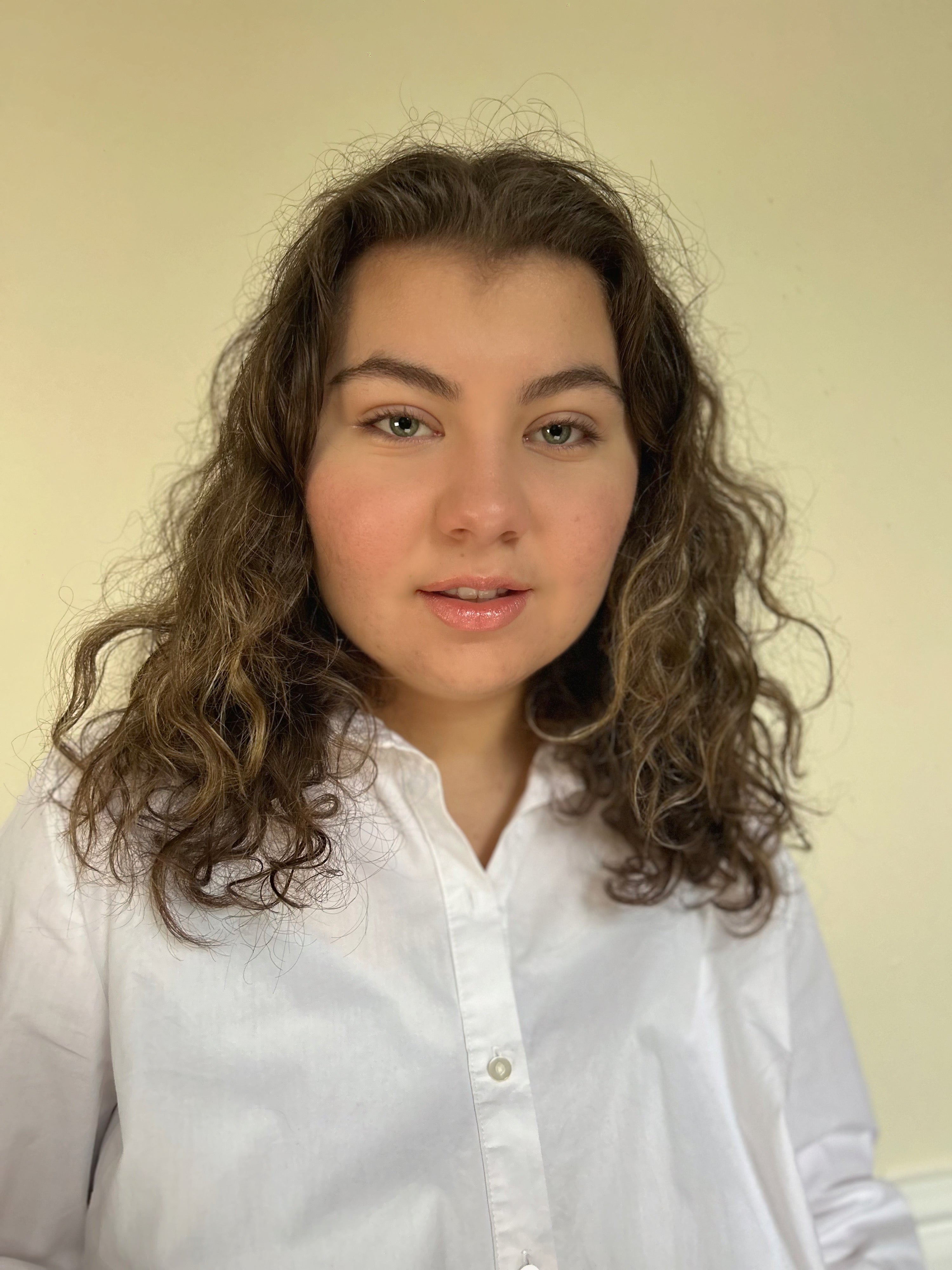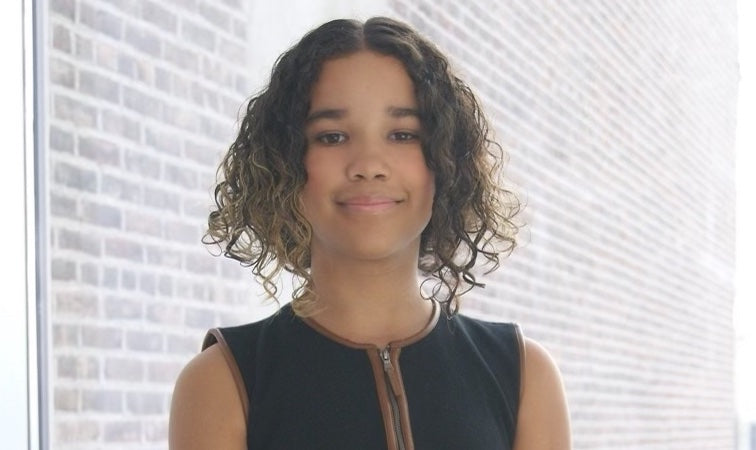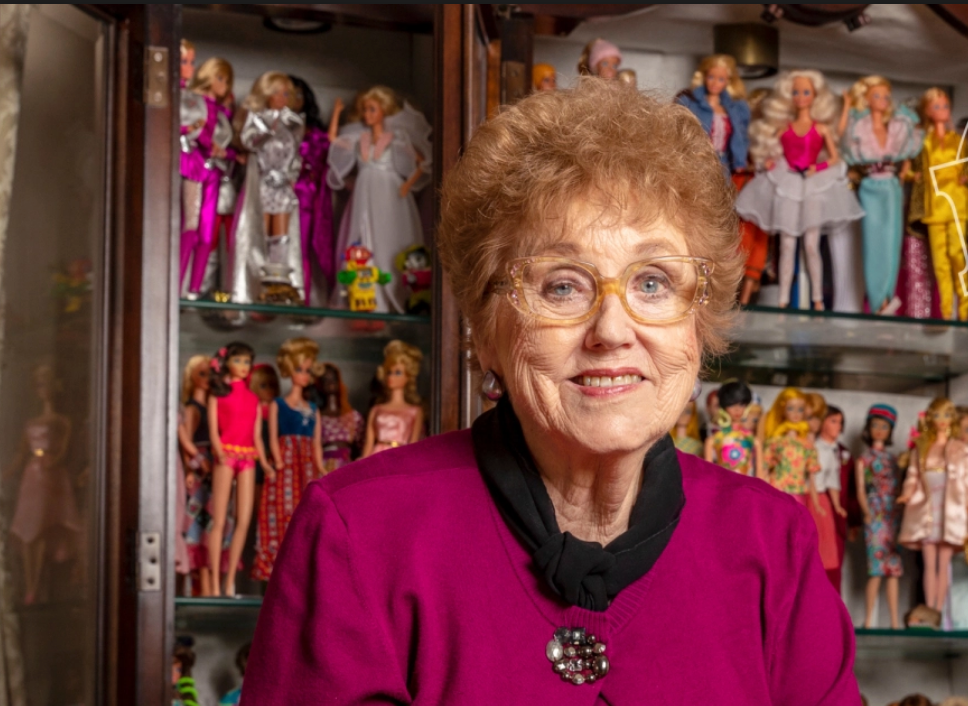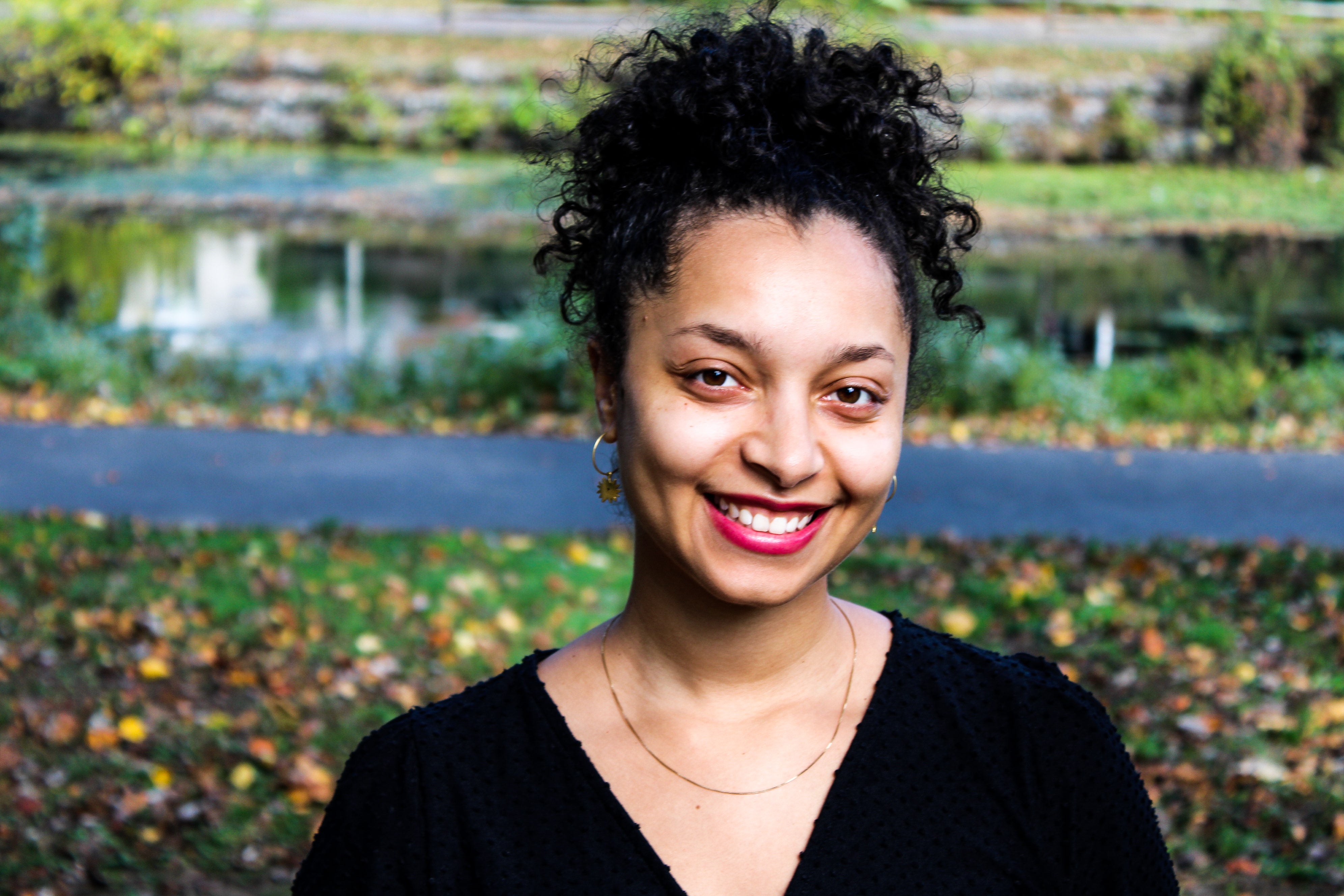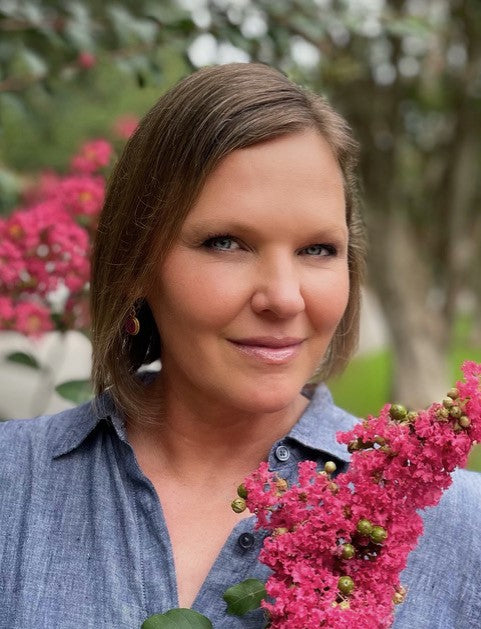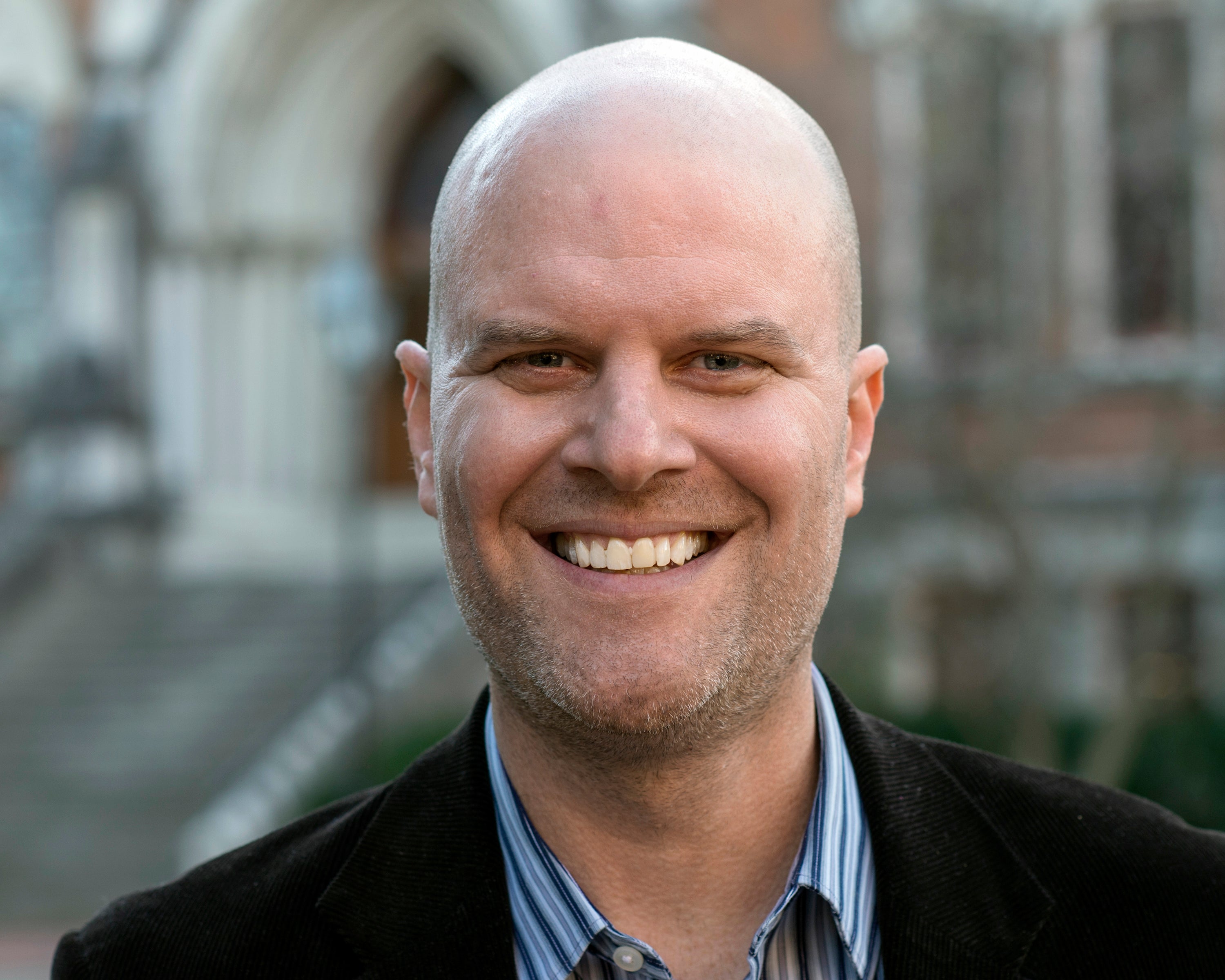
Author: Koa Beck
Author Bio:
Koa Beck is the author of the acclaimed nonfiction book White Feminism: From the Suffragettes to Influencers and Who They Leave Behind (Simon & Schuster, January 2021), praised by feminist writers Gloria Steinem and Rebecca Traister. Previously, she was the editor-in-chief of Jezebel, the executive editor of Vogue.com, and the senior features editor at MarieClaire.com. Patrisse Khan-Cullors, the cofounder of Black Lives Matter, describes Koa’s work as “intellectually smart and emotionally intelligent” while the Boston Globe has deemed her “a perceptive cultural critic” and “a visionary.”
Her reporting and analysis on gender, identity, race, and culture have been published in TheAtlantic.com, Out magazine, TIME, TheGuardian.com, The Globe and Mail, Esquire.com, among others. She has spoken at Harvard Law School, Columbia Journalism School, The New York Times, and The Metropolitan Museum of Art, among other institutions. She has also been interviewed by the BBC for her insight into American feminism.
Koa was a guest editor for the 2019 special Pride section of The New York Times commemorating the 50th anniversary of the Stonewall riots, editing such prominent voices as Kate Bornstein, Gavin Grimm, Julia Serano, and Barbara Smith, among other activists.
In 2019, Koa was was awarded the Joan Shorenstein Fellowship at the Harvard Kennedy School, publishing an academic paper entitled “Self-Optimization in the Face of Patriarchy: How Mainstream Women’s Media Facilitates White Feminism.”
She lives in Los Angeles with her wife.
1. Readers praise your ability to highlight, call out, and speak truth to power. Was this courage a skill that you’ve developed over time as a writer or is it an intrinsic piece of your personality that just shines through?
My 10-year career in journalism evidences the latter. I see a real through line between the pieces I was pitching, writing, and editing when I was younger and the culmination of this book. I've always reported on and been fascinated by the mechanics of racism, sexism, brutal misogyny, and queer rights.
2. What did you learn about yourself while writing “White Feminism”?
I learned while researching my book that many values and metrics that had been messaged to me as inherently "feminist," specifically as a middle-class woman in the white-collar workforce, were actually just representative of one type of feminism—not Feminism.
While I've always been aware of different approaches to feminism and women's history, studying white feminism this closely really underscored to me how anomalous white feminism is in its practices and ideology.
So many other women, nonbinary, and two-spirit people have envisioned such complex and varied approaches to the concept of gender equality. The very idea that there is only one type of feminism is not only laughable; it's simply not true.
3. What challenges have you faced as a woman that speaks her mind?
Harassment, both in person as well as digitally. People who have disagreed with my reporting (or even merely a headline) have routinely sent me threats of sexual or physical assault. I spent my formative young adulthood writing on the internet so, unfortunately, I'm used to it as a marginalized gender. But threats of this nature should not be normalized no matter how common they are.
4. What is the most common misconception you’ve received on “White Feminism”?
That the book is somehow "mean" towards white women. The fact that a critique of white supremacy in feminism can even be interpreted this way says a lot about how centered whiteness and the aspiration to whiteness is within these circles.
The book is critical of an ideology and I intentionally cited the important work of anti-racist feminists like Anne Braden, Juliette Morgan, Lillian Smith—all white women who approached their own understanding of gender oppression with profound racial literacy. They are feminists who happen to be white but are not white feminists.
5. Author Alice Walker coined the phrase “Womanism”, what does “Womanism” mean to you, and how does it better describe black feminism?
"Womanism" to me evokes many of the cornerstones of feminist consciousness and advocacy—equal pay, sexual harassment and abuse, violence against women—but in a way that focuses on Black women's experiences.
There is a robust history in the United States of why some Black women, like Alice Walker, have come to this term to represent their politics rather than "feminism" and much of it has to do with the racial illiteracy of white feminism.
Many of these women have been confronted with the reality that when they walk into a "feminist"-sanctioned space, they are actually walking into a white feminist space.
6. Author Chimamanda Ngozi Adichie argues that we should all be feminists. Do you believe this to be true and if so how can white feminism, womanism, and male ally-ism all come together to push women's equality as a whole?
I'm less interested in the idea broadly that we "should" all be feminists, but I think expecting the politics of feminism to merge cleanly with the channels of meritocracy, wealth, autonomy, and conventional success prevent some of us from getting there. Many feminist thinkers have asked us to reconsider these structures and cultures specifically because of the way they abuse, disenfranchise, silence, and exploit marginalized genders.
Beyond individual people's feminist consciousness, I'm more interested in seeing our institutions, government, and public resources become feminist in their execution and strategy. What if our public schools were feminist and didn't vilify young girls with sexist and classist dress codes?
What if our economy was feminist and recognized unpaid labor by marginalized genders? What if our criminal justice system was feminist in recognizing that so many incarcerated women are reacting to gender-based violence? And yes, I do think this is possible.
I think people across all affiliations who are interested or preoccupied with gender inequality should centralize basic need in their ally-ship or feminism: food security, access to clean water, affordable housing, healthcare, and criminal justice reform.
These are the core issues that debilitate so many lives across race and gender identity because we have centralized cis-male perspectives and priorities. The reason white feminism often starts at small business and enterprise and lofty educational opportunities is because its advocates often have all those other basic needs met.
7. How interconnected are feminism and capitalism?
White feminism and capitalism are deeply connected; I make the argument in my book that capitalism is really foundational to white feminist ideology and practices. A unique tenet of white feminism is that it collapses capitalistic metrics and goals with feminist ethos.
Many other feminisms that I analyze in my book do not subscribe to this, either intellectually or instinctively. Black feminist movements, queer movements, working-class feminisms, Native women's movements, fat activism, disability justice, and Latinx feminisms all share a common skepticism of capitalism because of how this economic structure exploits and reduces their humanity to a dollar amount.
8. What’s your best advice for getting over writer’s block?
The following: I don't believe in writer's block.
9. What’s the best book you have read this year so far?
Transgender History by Susan Stryker. It's such an incredible archive of gender history in the United States. I think it should be taught in school.
10. Do you plan on writing more books in the future?
Many. And across genres.
Places To Find More From This Author:
Instagram: @koabeck
Twitter: @koalani
Website: www.koabeck.com
Get Your Copy of White Feminism Today!


